- Jeff Grainger
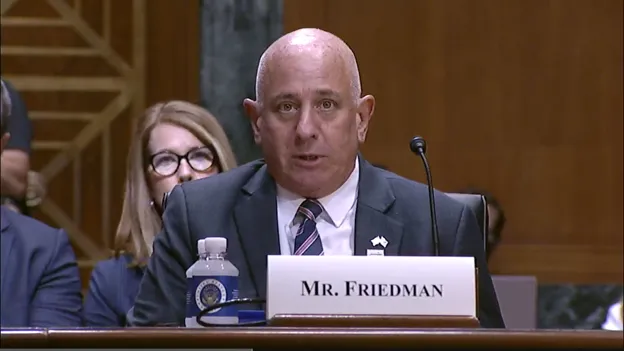
The nation’s organ transplant system is in dire need of restructuring, Barry Friedman, executive director of the AdventHealth Transplant Institute, told members of the U.S. Senate Finance Committee.
The country’s Organ Procurement Transplantation Network (OPTN) is operated by United Network for Organ Sharing (UNOS) under a contract with the federal government, which they have been awarded since the inception of the contract in 1986. Friedman gave his testimony to the committee, chaired by Sen. Ron Wyden (D-Ore.), on Aug. 3, 2022. In his testimony to senators, Friedman asked for reforms at UNOS. He called for more representation from patient advocacy groups and more overall transparency.
“Families in need of a lifesaving organ have no option but to trust the transplantation system that is in place,” Friedman said. “Unfortunately, that system has failed many awaiting organ transplant due to lack of oversight and accountability. An organ is the greatest gift someone can give, but we have created a system that does not result in the good stewardship of that gift.”
Nationwide, approximately 23 percent of kidneys procured from deceased donors are not used and discarded, resulting in preventable deaths, according to the American Society of Nephrology and OPTN. Since its inception in 1973, the AdventHealth Transplant Institute has performed more than 4,700 kidney transplants and more than 6,300 organ transplants, although numbers are declining due to new organ allocation rules.
"An organ is the greatest gift someone can give, but we have created a system that does not result in the good stewardship of that gift."
Transplant waiting lists were regionally maintained under the previous allocation system but are now based on 250- to 500-mile radiuses and, in the case of kidneys, prioritize those on dialysis longer. Those criteria, some clinicians and statisticians say, can be flawed.
“Somebody who has been on dialysis five years isn’t necessarily much sicker than somebody who’s been on dialysis for two years,” said Bobby Nibhanupudy, MD, medical director of abdominal transplant at the AdventHealth Transplant Institute and OurLegacy, the region’s organ procurement agency. “It pulls kidneys away from cities and states like ours, mid-size cities, to the higher populated cities just because they have a higher number of individuals who are on dialysis.”
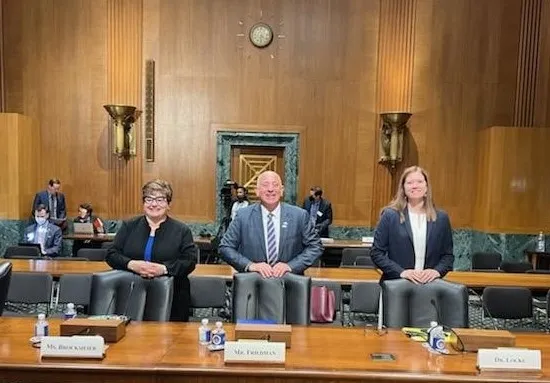
The previous system for allocating organs needed updating, Dr. Nibhanupudy said, but changes were made without listening to the input from doctors and transplant professionals at transplant centers and organ procurement agencies most affected by the policy. The new policy led some people to travel to highly populated cities in hopes of getting higher on the waiting list.
“Patients must be seen multiple times in the weeks following a transplant, so being close to home is important for their care,” Dr. Nibhanupudy said. “Traveling farther away not only can decrease the quality of post-transplant care, it also can be a barrier for people who can’t afford to travel from getting the lifesaving treatment they need.”
Transportation also can be an issue. No standardized method is in place for moving or tracking organs. Many transplant centers must rely on commercial airlines for transportation of organs.
“Transplant centers can end up being dependent on airline personnel to move organs on and off commercial flights,” Friedman said. “In many cases, organs must connect from one flight to another, leaving airline personnel responsible for transfers. While anyone can now track where their Amazon or FedEx package is, there is currently no consistent way of tracking organs.”
“We hear stories all the time of organs that don’t end up where they’re supposed to be, which could lead to a preventable death somewhere down the line,” said Dr. Nibhanupudy. “One case was of an organ we sent to California that wound up in the middle of the country. When that happens, instead of saving a life, an organ ends up in a pathologist’s office discarded and eventually with medical trash.”
The AdventHealth Transplant Institute is the only adult and pediatric organ transplant program in Central Florida and one of only 63 programs in the United States that performs multi organ transplants. The transplant institute is a part of AdventHealth Orlando, recently ranked the No. 1 hospital in Central Florida by U.S. News & World Report and No. 2 in Florida.
Recent News

Local leaders, officials, and construction workers gathered today to commemorate a major milestone in the expansion underway at AdventHealth Daytona Beach: placing the final steel beam.
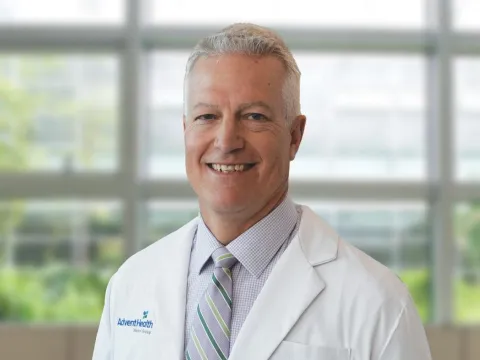
Dr. Jeffrey Keen, a board-certified orthopedic surgeon specializing in adult reconstruction, orthopedic surgery, robotic-assisted surgery, and sports medicine, has returned to AdventHealth Medical...
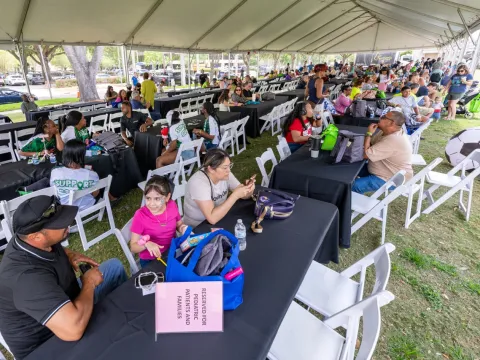
In recognition of National Donate Life Month, nearly 300 transplant patients and their families enjoyed AdventHealth’s 2025 transplant reunion.
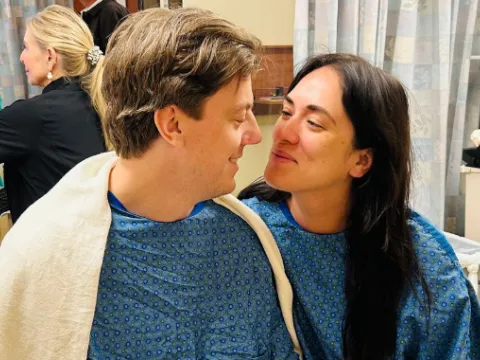
According to the National Kidney Foundation, more than 101,000 people are currently on the organ transplant list in need of a new kidney. However, only about 17,000 transplants happen each year —...
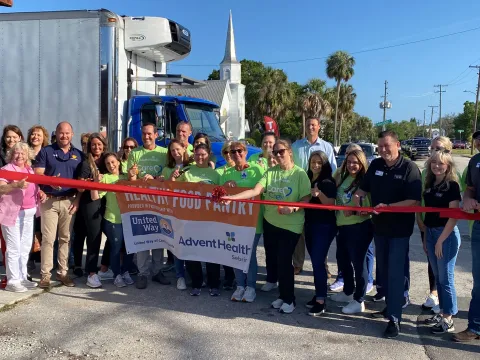
Leaders and volunteers from AdventHealth, United Way of Central Florida, Hands for the Homeless and the community worked together to distribute more than 9400 pounds of food to people in need.

The AdventHealth Board of Directors has appointed David Banks as the organization’s new president/CEO, effective immediately.

In life, Sophie Davis touched dozens of hearts. In passing, one of her organs could possibly save thousands of lives.
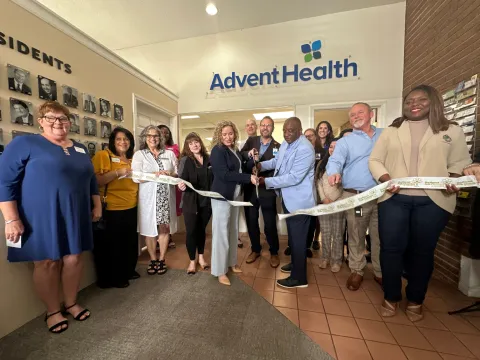
AdventHealth Heart of Florida leaders and members of the Northeast Polk Chamber joined community members for a ribbon cutting on a new addition to the Chamber’s office

As the days get longer and the weather warms up, people are eager to get back to their favorite outdoor spring activities and sports. This transition from winter to spring often leads to an increased...
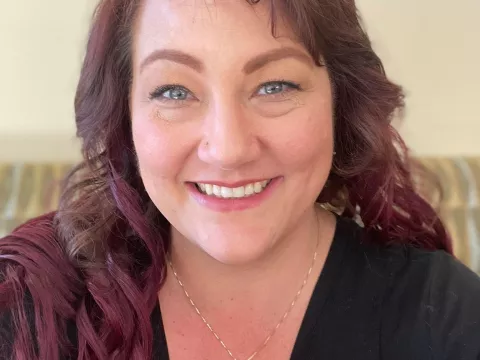
Marie Williams remembers being admitted to AdventHealth Parker on September 1, 2023, for colon resection surgery, but after that, things get hazy.

AdventHealth for Children is a nationally recognized children’s hospital and comprehensive care network caring for nearly 200,000 children annually.
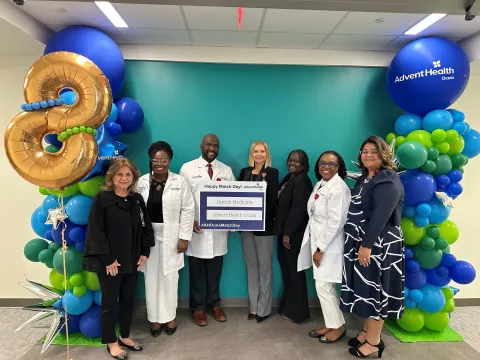
Eight new physicians are joining AdventHealth Ocala’s team to take their next steps to become fully licensed, board-certified family physicians.
